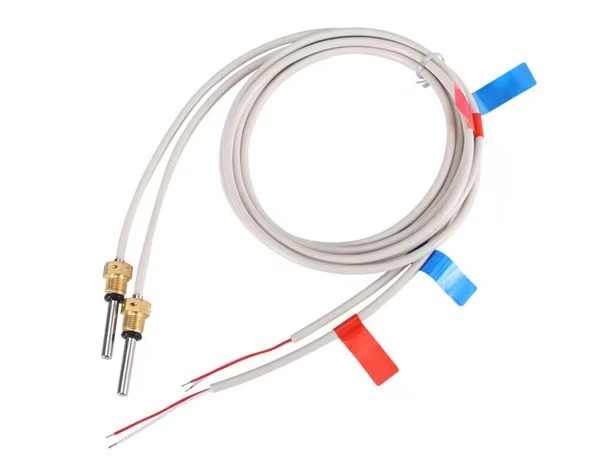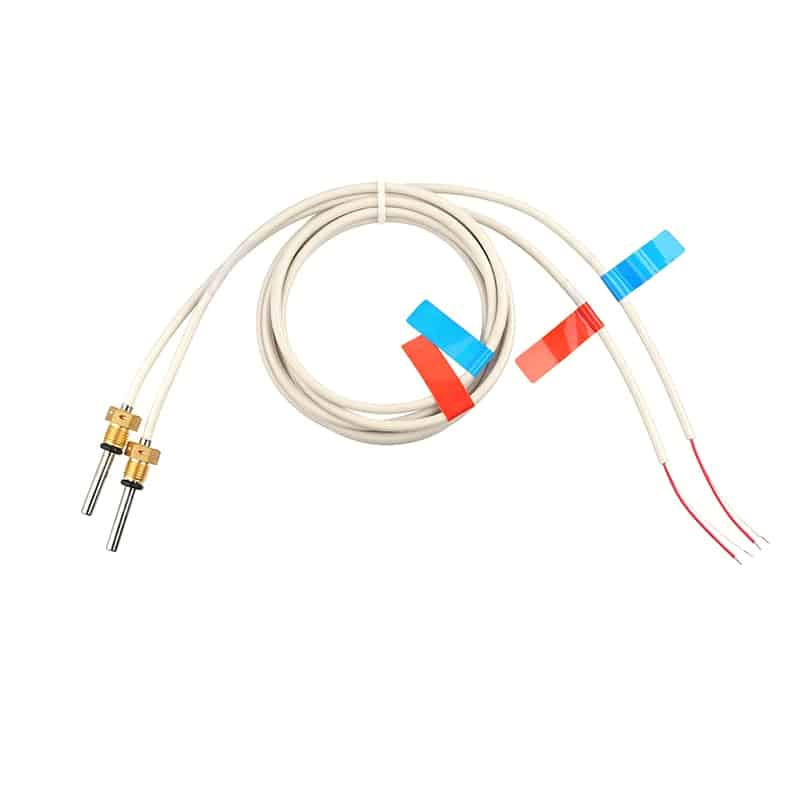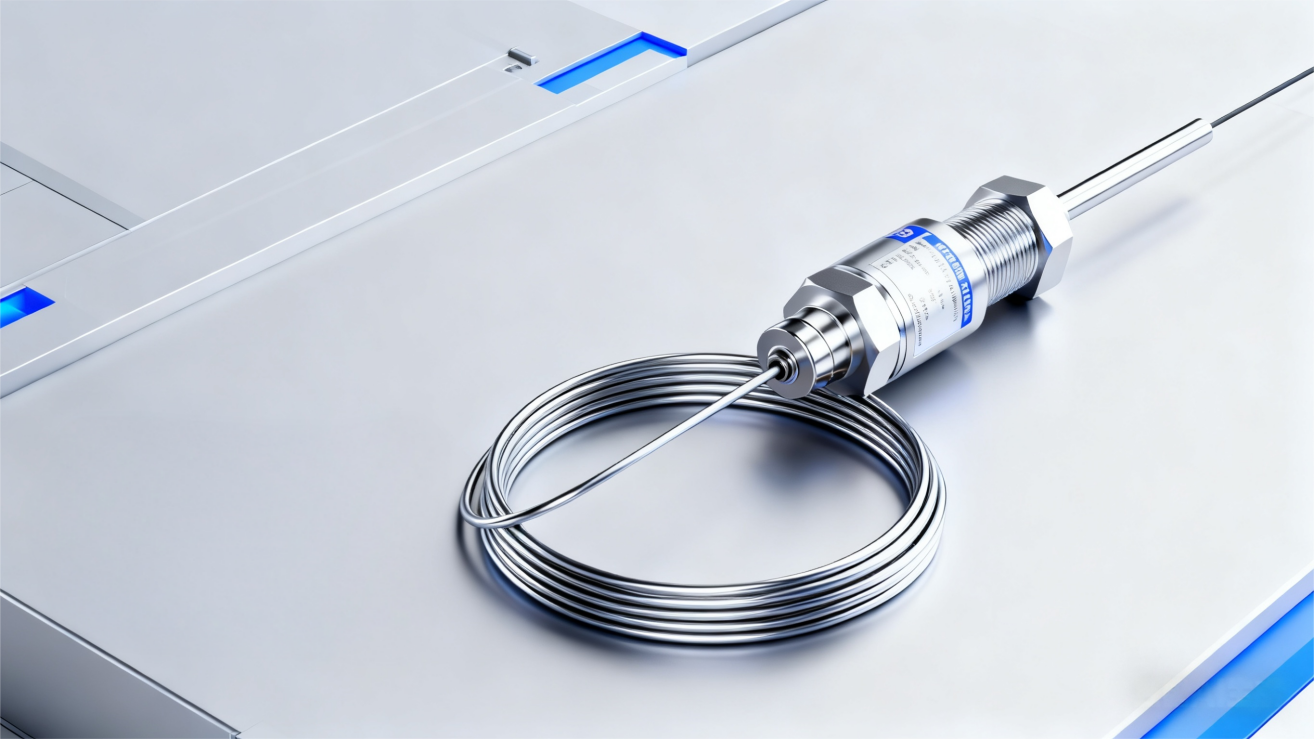Is Humidity Sensor Accurate?
Welcome to this informative article exploring the accuracy of humidity sensors. Humidity sensors play a crucial role in various industries and applications, including weather monitoring, indoor climate control, and food storage. In this article, we will delve into the topic of humidity sensor accuracy and discuss its importance in ensuring reliable measurements.
Table of Contents
- Introduction
- How Do Humidity Sensors Work?
- Factors Affecting Humidity Sensor Accuracy
- Calibration and Maintenance
- Conclusion
Introduction
Humidity sensors, also known as hygrometers, are electronic devices designed to measure and monitor the moisture content in the air or other gases. They are widely used in various industries and applications where humidity control is essential for optimal performance and safety.
In the following sections, we will explore how humidity sensors work, the factors that can affect their accuracy, and the importance of calibration and maintenance to ensure reliable measurements.
How Do Humidity Sensors Work?
Humidity sensors utilize different techniques to measure the moisture content in the air. Some common types of humidity sensors include capacitive, resistive, and thermal conductivity sensors.
Capacitive sensors measure humidity by detecting changes in capacitance. When humidity levels change, the dielectric material within the sensor absorbs or releases moisture, affecting the capacitance and producing an electrical signal that corresponds to the humidity level.
Resistive sensors, on the other hand, operate based on the changes in electrical resistance caused by variations in humidity. These sensors typically consist of a humidity-sensitive layer, such as polymer or ceramic, whose electrical conductivity changes with moisture absorption or desorption.
Thermal conductivity sensors measure humidity indirectly by assessing the thermal conductivity of the surrounding air. The humidity affects the thermal conductivity of the air, which can be measured and correlated to the humidity level.
Factors Affecting Humidity Sensor Accuracy
The accuracy of a humidity sensor can be influenced by various factors. Understanding these factors is crucial to ensure reliable and precise measurements in different environments and applications.
Some key factors affecting humidity sensor accuracy include:
- Temperature: Humidity sensors are often temperature-dependent, which means the readings can be affected by variations in temperature.
- Calibration: Proper calibration of humidity sensors is necessary to maintain accuracy. Over time, sensors may drift and require recalibration to ensure reliable measurements.
- Operating Range: Different humidity sensors have specific operating ranges. Using a sensor outside its specified range can impact accuracy.
- Interference: Environmental factors such as dust, chemicals, or other gases can interfere with sensor accuracy.
Calibration and Maintenance
Regular calibration and maintenance are essential for humidity sensors to deliver accurate readings consistently. Calibration involves adjusting the sensor’s output to match a known reference value.
It is recommended to calibrate humidity sensors at regular intervals, as specified by the manufacturer or based on industry standards. Additionally, proper maintenance, such as cleaning and protecting the sensor from contaminants, can help prolong its lifespan and maintain accuracy over time.
Conclusion
Humidity sensors are valuable tools in achieving optimal humidity control in various industries and applications. While the accuracy of humidity sensors can be affected by factors such as temperature, calibration, operating range, and interference, regular calibration and maintenance can mitigate these issues and ensure reliable and accurate measurements.
By understanding the factors influencing humidity sensor accuracy and implementing proper calibration and maintenance practices, businesses and individuals can confidently rely on these sensors to monitor and control humidity levels effectively.





